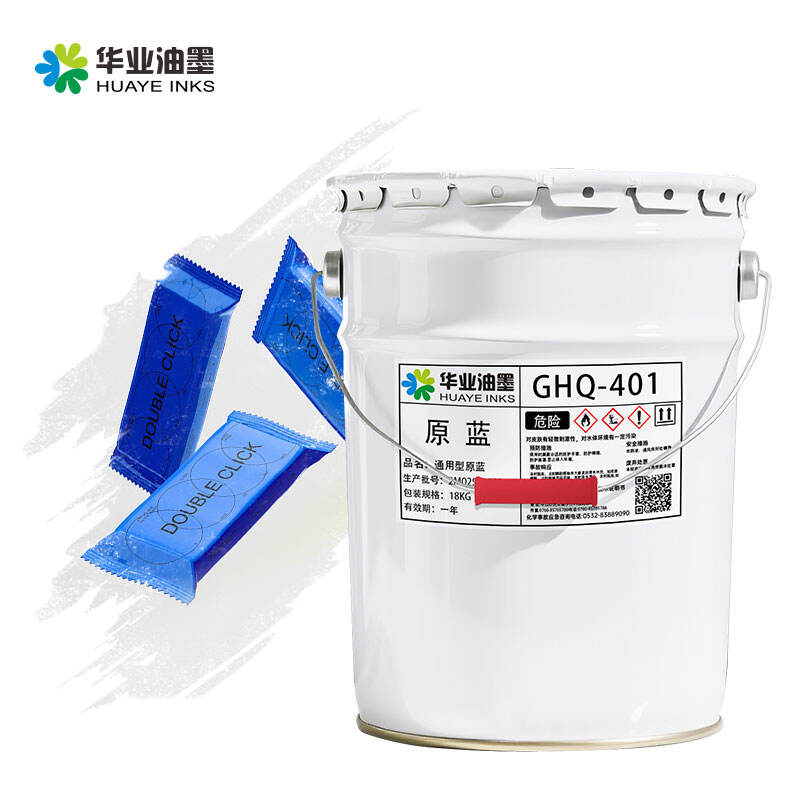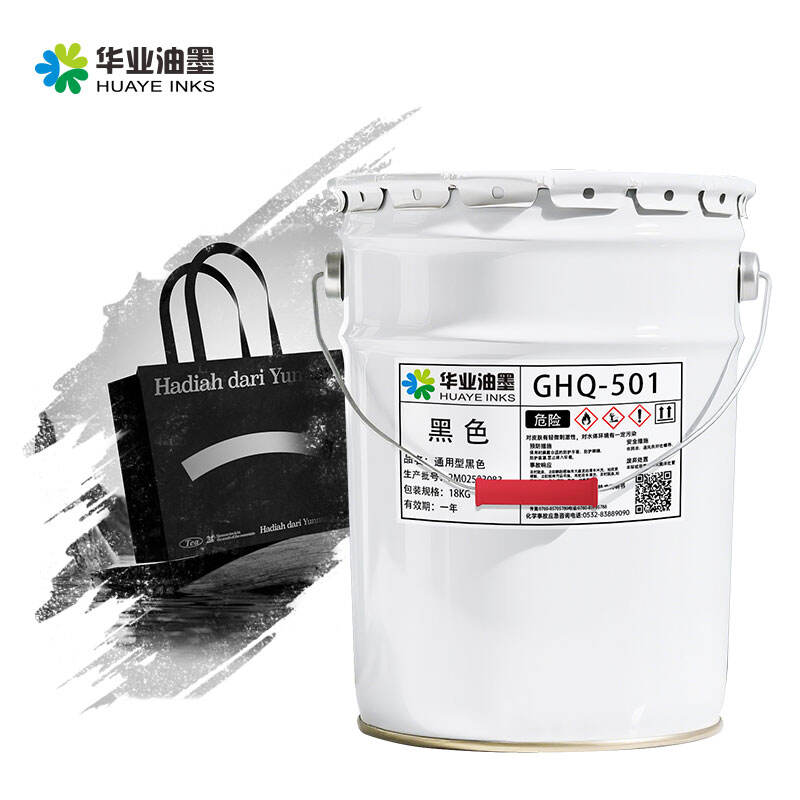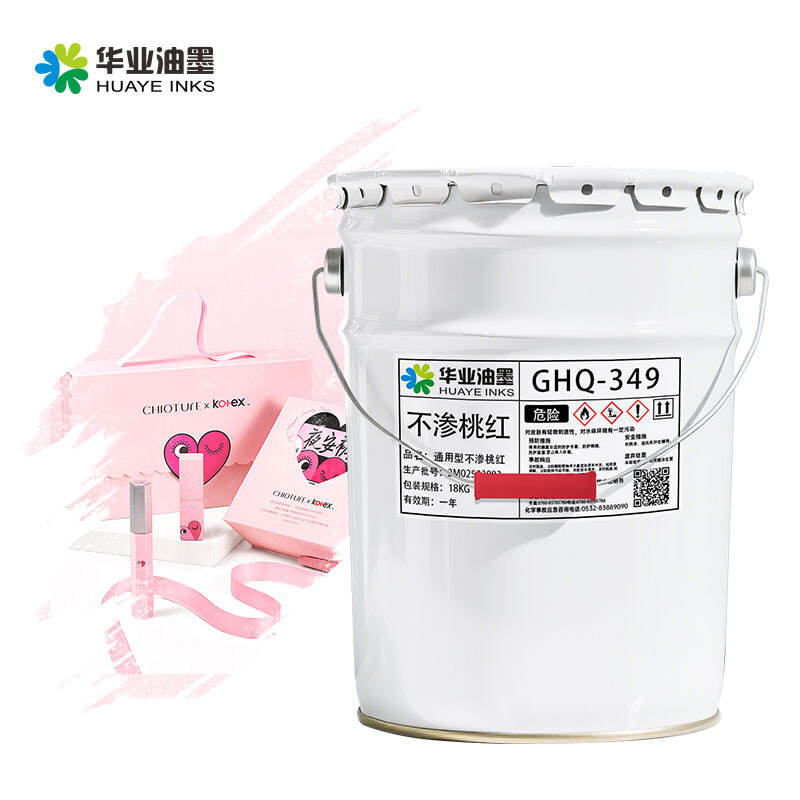No.2 Jieqing Road ,Shazai industrial Park, Minzhong Zhongshan City, Guangdong Province
Solvent ink for plastic has become an essential solution in the plastic printing industry, catering to the diverse needs of printing on various plastic substrates. Plastics come in different forms with varying surface properties, and solvent inks are engineered to address the specific challenges and requirements of each type. Adhesion is a primary concern when printing on plastic, and solvent inks excel in this aspect. The solvents in the ink help to soften and slightly dissolve the plastic surface at a microscopic level, allowing the ink to penetrate and form a strong bond. Different plastic materials, such as PET (Polyethylene Terephthalate), PP (Polypropylene), and PVC (Polyvinyl Chloride), have different chemical compositions, and solvent ink formulations are adjusted accordingly to ensure optimal adhesion. This strong bond ensures that the printed designs on plastic products remain intact, even during handling, transportation, and end - use. The durability of solvent ink on plastic is also notable. Plastic products are often exposed to environmental factors like sunlight, moisture, and mechanical stress. Solvent inks form a flexible yet durable film on the plastic surface that can withstand these challenges. They are resistant to fading caused by UV radiation, which is crucial for outdoor plastic applications such as signage and outdoor packaging. Additionally, the ink film can endure abrasion and chemical exposure, protecting the printed images from damage. Color reproduction is another advantage of solvent ink for plastic. These inks can produce a wide range of vivid colors with high saturation, enhancing the visual appeal of plastic products. Whether it's printing colorful logos on plastic containers or detailed graphics on plastic cards, solvent inks can accurately reproduce the desired colors, making the products more attractive to consumers. Solvent ink for plastic is compatible with multiple printing methods, including flexographic printing, gravure printing, and digital inkjet printing. This compatibility provides flexibility in the printing process, allowing manufacturers to choose the most suitable technique based on their production requirements. The ink's fast - drying property also contributes to increased production efficiency, reducing the time between printing passes and minimizing the risk of smudging. As environmental awareness grows, there is a trend towards developing more sustainable solvent ink formulations for plastic. Manufacturers are working on reducing the VOC content in these inks and exploring alternative solvents to minimize the environmental impact while maintaining the excellent printing performance.


